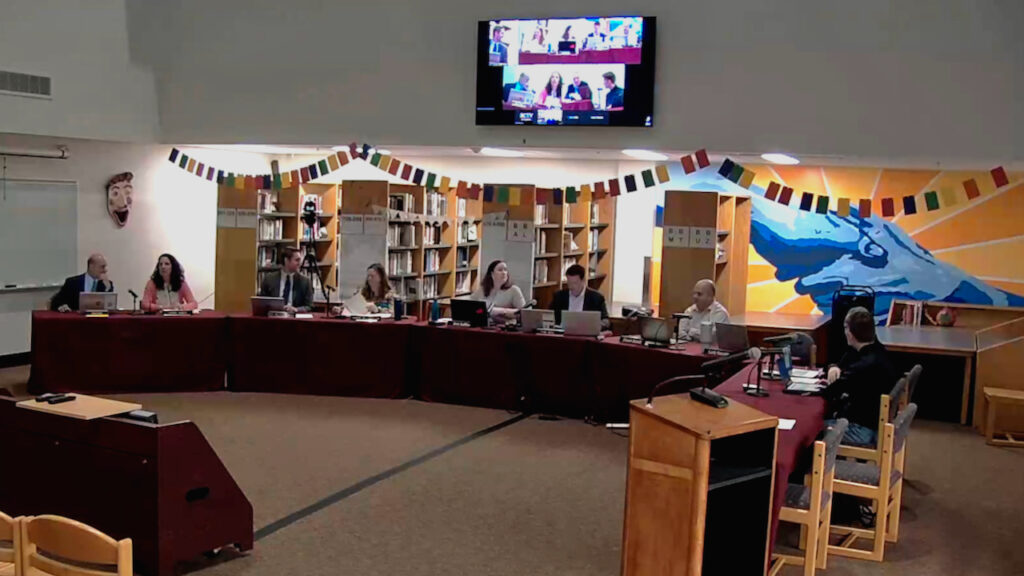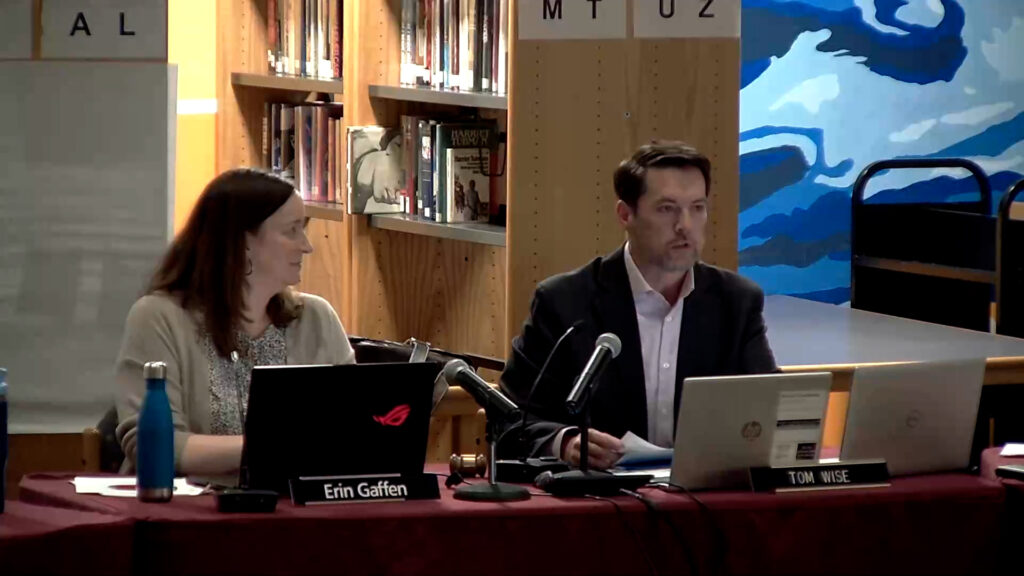
Driver’s Education
READING, MA — By a 6-0 vote on Thursday, the School Committee agreed to raise the rates for Driver’s Education for the coming 2024-2025 school year. Director of Community Education Chris Nelson explained that the current cost for the class, $675, has not been increased since 2012 and that private programs such as Agannis and Idrive are charging over $1,000 for similar programs and curriculum.
Nelson continued to explain that the fee increase will allow for program sustainability as well as an additional instructor to handle the significantly increased enrollment in the classes since COVID. The increased fee will also allow for continued maintenance of the ten-year-old driver’s education vehicle. Director of Finance Derek Pinto noted that the purchase of an additional driver’s education vehicle has been moved up to 2025 in the capital plan from 2029, pending Town Meeting approval. The new fee for the class will be $710.
Transportation Fee
The committee also approved an increase of between 4% and 6% for in-district student transportation. The percentage increase will be determined based on the number of children that use the service. Pinto also shared that, given rising costs from the vendor, the committee may need to review these fees annually.
Co-Sponsoring the Right to Read Film
The School Committee voted 6-0 to jointly sponsor the showing of the film “The Right to Read” with the Special Education Parents Advisory Committee sometime in September or October. According to School Committee chair Thomas Wise, the film provides insight into the need to provide quality education for all students with an equity focus. School Committee member Sarah McLaughlin agreed, pointing out that a focus on reading has been a district priority under the tenure of Superintendent Thomas Milaschewski, so much so that the committee sought out American Rescue Plan Act funds for high-quality literacy curriculum.
“Reading is so important that we want to see it done right,” Wise commented.
Paraeducators Contract

Along with the new Town Manager, Matt Kraunelis, the committee voted 7-0 to approve a new contract with the paraeducators union, which included what Wise referred to as a “significant adjustment to the salary schedule.” This adjustment consists of a complete reworking of the pay scale schedule in the first year, along with 8.5% and 9% increases in years two and three of the contract. According to Wise, the stipend structure for other duties has also been adjusted.
“Part of having a district that is sustainable and growing is having the right staff in place, and that comes with paying them well,” Wise concluded. The new contract will begin on July 1, 2024, and extend to June 30, 2027.
Student Opportunity Act
Assistant Superintendent for Teaching and Learning Sarah Hardy updated the committee on the plan for adhering to the state’s Student Opportunity Act. She explained that this new law is an update to the Chapter 70 funding law that the state has used for years. Its goal is “aimed at ensuring that every student in the Commonwealth has access to a high-quality public education, regardless of zip code.”
Hardy shared that, despite an additional $1 billion in new educational funding by 2027 provided for in the law, Reading is unlikely to see an increase in its funding from the state. She continued to point out that the district is still required to file a plan with the state detailing financial investments being made in evidence-based programs aimed at closing student achievement gaps.
Hardy outlined the plan’s highlights, which align with the recently adopted District Improvement Plan. She shared three “buckets of focus” for the district. The first “bucket” is bolstering social-emotional learning systems, the second is adopting a high-quality curriculum that is paired with robust professional development for teachers, and the third is refining and expanding systems for early literacy screening. The plan is a three-year plan and needs to be submitted to the state by April 1.
School Committee member Shawn Brandt questioned what metric would be used to judge the plan’s success. Hardy responded that the metric would be the percentage increase in the district’s scaled MCAS scores. The School Committee voted 6-0 to approve the plan.
The School Committee adjourned at 8:30 pm.
